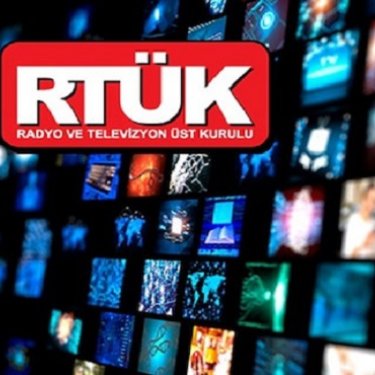Turkey fines three TV channels for critical earthquake coverage

Reporters Without Borders (RSF) condemns the sanctions that Turkey’s High Council for Broadcasting (RTÜK) has imposed on three national TV broadcasters for their comments about the recent earthquake in the southeast of the country. The fines are designed to intimidate and silence criticism of the government, RSF says.
The ruling party-dominated RTÜK imposed heavy fines on 22 February on Halk TV, Tele1 and Fox TV, which have covered the shortcomings in the relief that the government and local authorities have provided to people in the regions hit by the 6 February earthquake.
“A minority of critical TV channels are paying a high price for not trying to conceal the scale of the tragedy and for questioning the actions of the government and local authorities and their flawed disaster management. These fines are all the more unacceptable in that they target media that simply reported what was being said by members of the public who had been denied food and relief for many days. They also confirm the degree to which the RTÜK is controlled by a government that has been weakened by the widespread criticism of its failure to anticipate and intervene quickly.”
Tele1 was fined the equivalent of 5% of its monthly advertising income and banned from broadcasting the next five episodes of a current affairs programme called “18 Minutes,” in which Merdan Yanardag, the journalist who founded the channel, criticised the ruling party, which has been in power for more than 20 years, and construction sector corruption. Yanardag has meanwhile been the subject of a separate judicial investigation in connection with these comments since 7 February.
Halk TV – its name means “People TV” – was fined for broadcasting comments made by Ahmet Sik, a parliamentary representative of the opposition Turkish Workers Party (TIP), when he visited the disaster region on 11 February. “The state has a duty to protect its citizens during difficult days,” Sik said, saying the victims had a right to be angry and to “feel hostile to the state.”
Fox TV was fined 3% of its monthly advertising income for two reasons. Firstly, because in its “Middle Page” news show on 10 February, a journalist reported a rumour that the Governmental Disaster Relief Agency (AFAD) had refused to distribute food on the grounds that it had been transported in cases with a beer brand label – a rumour that Fox TV almost immediately denied. Secondly, because another journalist said an Israeli company had supplied the drones that provided emergency lighting for search and rescue operations after the earthquake.
Within hours of the earthquake on 6 February, the RTÜK began threatening certain TV channels over the critical tone they were taking in their coverage. But Okan Konuralp, an opposition member of the RTÜK, encouraged the media to work freely.
In December, Konuralp reported that RTÜK was discriminating in its handling of the complaints against broadcasters and that 75% of the fines in 2022 had been imposed on the seven leading critical TV channels (Halk TV, Fox TV, Tele1, KRT, Habertürk TV, Flash TV and TGRT Haber). Pro-government business groups control 85% of national media in Turkey.
At least 44,000 people were killed by the 6 February earthquake and the aftershocks in the days that followed. The victims included around 30 journalists in the Antakya, Adiyaman and Kahramanmaras regions.
